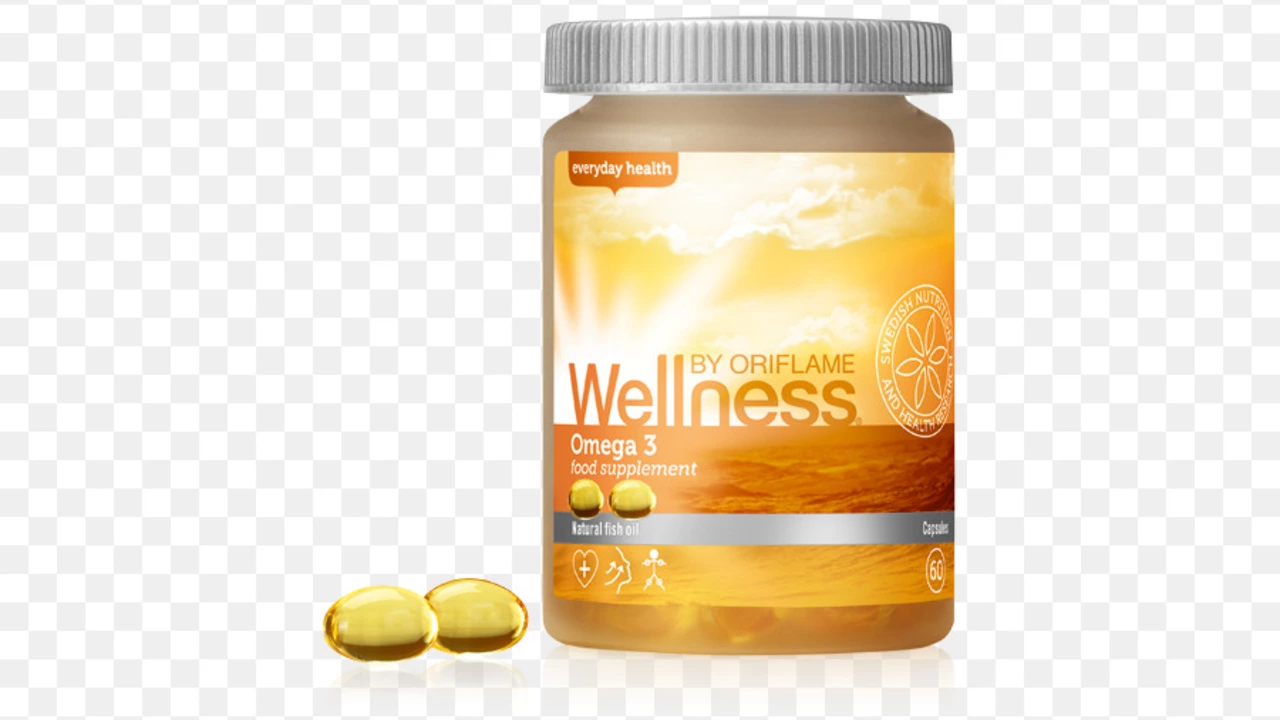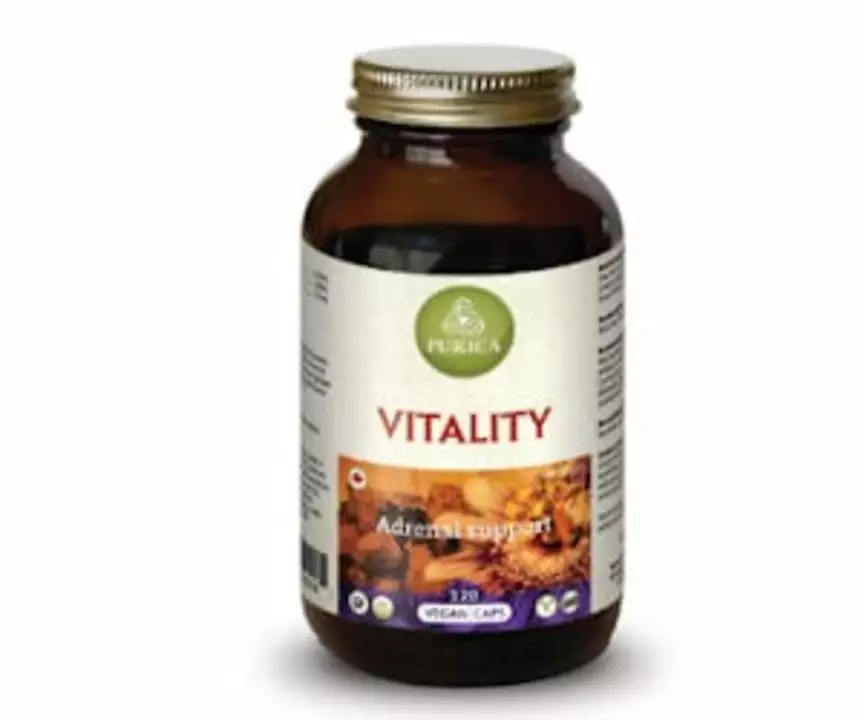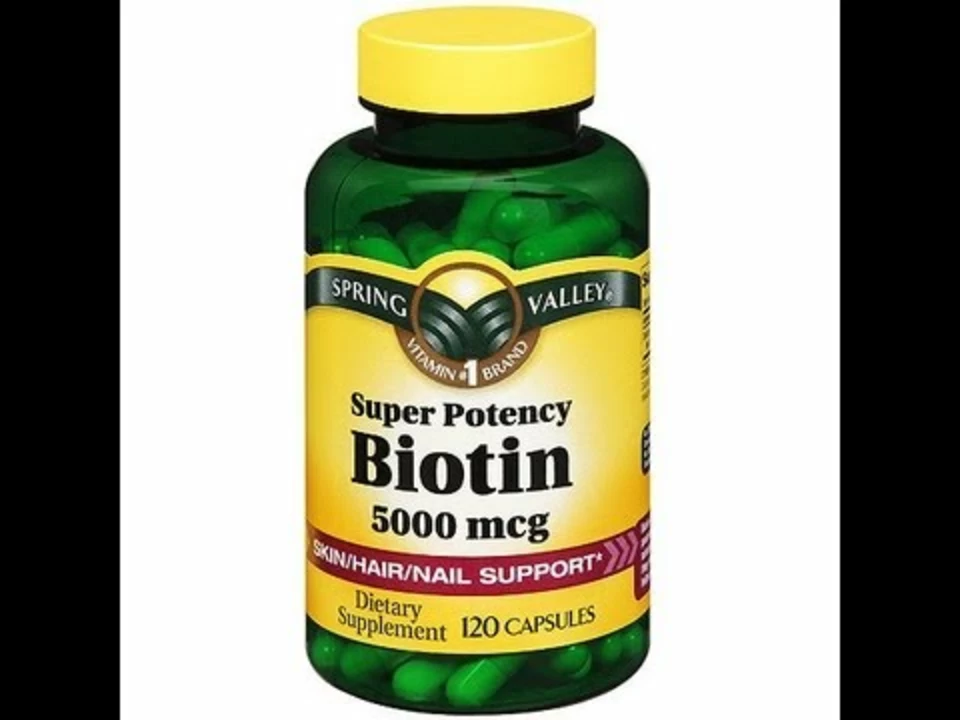Dietary supplement: a practical guide
Supplements can help fill real gaps in diet, but they can also waste money or cause harm if used wrong. This guide gives clear, practical steps to pick supplements that are worth your time and money.
Choose smart: what to look for
Start with a goal: energy, gut health, joint support, or specific nutrient replacement. If you want fiber, black psyllium is a solid, research-backed option. For tropical oils and skin benefits, babassu oil has real uses in diet and skincare.
Read the label every time. Check the active ingredient, dose per serving, and the percent daily value. Watch for unnecessary extras like proprietary blends that hide exact amounts. Prefer supplements that list raw ingredient amounts and state the form (for example, magnesium citrate versus magnesium oxide).
Look for third-party testing seals from groups like USP, NSF, or ConsumerLab. Those seals mean the bottle contains what it says and is free from major contaminants. Avoid products that make wild health promises or claim to cure diseases.
Decide on form and timing. Powders mix into smoothies, capsules are convenient on the go, and liquids can work for picky eaters or kids. Some nutrients absorb better with food, others on an empty stomach—iron often needs food while fat-soluble vitamins need a meal with fat. Store supplements in a cool, dry place; heat and humidity speed breakdown. Toss bottles past their expiration date and keep them away from children and pets, and always check interactions.
Safety, interactions, and real use
Ask your doctor or pharmacist before starting anything new, especially if you take prescription meds. Supplements can interact with common drugs—blood thinners, antidepressants, and blood pressure meds are frequent culprits. For example, some herbal products can raise bleeding risk or affect drug metabolism.
Follow dosing on the label unless your clinician advises otherwise. More is not always better; high doses of fat-soluble vitamins or certain minerals can build up and cause problems. Keep a simple list of everything you take—prescription drugs, OTC meds, and supplements—so your provider can spot risks quickly.
Buy from reputable sellers. Company reputation, clear contact info, and transparent sourcing matter. Be cautious with overseas sellers or sites that skip prescription checks for drugs that normally require one. Read recent user reviews but treat extreme claims with suspicion.
Make use of targeted articles when you need depth. If you want a fiber supplement, read a focused piece on black psyllium to learn how much to take and how to mix it into your day. If you're exploring new oils for diet or skin, a babassu oil article explains real benefits and safe uses. For medication-related supplements, check guides that compare alternatives and side effect profiles.
Track results for a month and reassess. Note any changes in sleep, digestion, skin, or energy. If something feels off, stop and talk to your clinician. Supplements can help, but the best gains come from steady diet changes, sleep, and regular activity. Use supplements to support those habits—not replace them.










